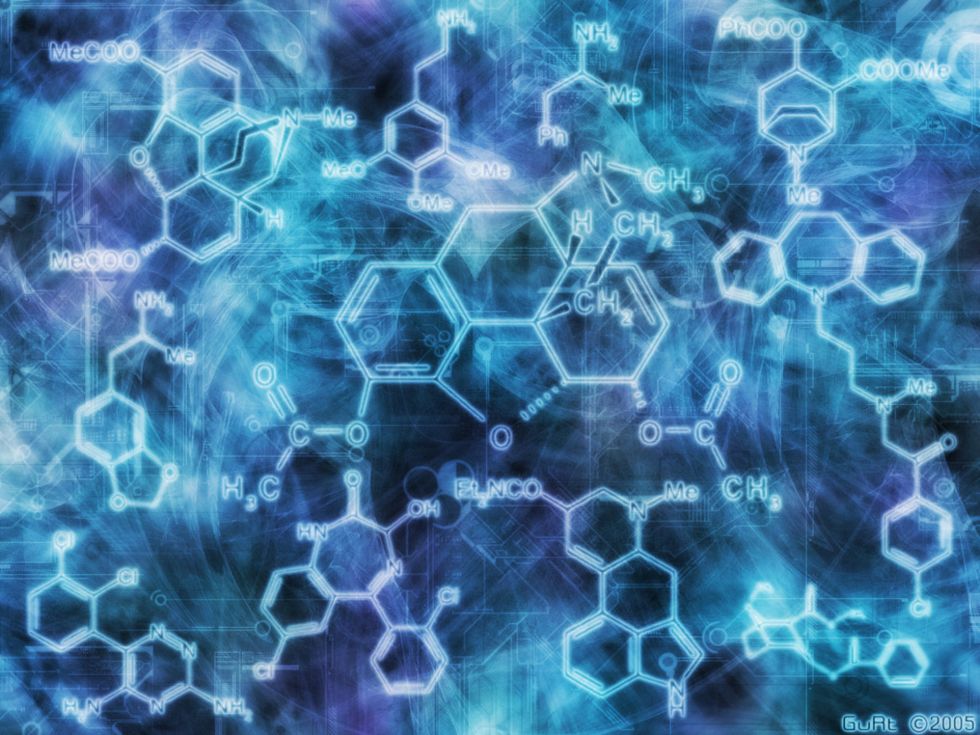1. To survive
Global life expectancy is the highest it's ever been, with a global average lifespan of about 71.4 years as of 2015. This is including all of the 207 countries in the world! Americans only used to survive to 51 just a century before. This is not to mention the fact that we have used science to eliminate diseases such as smallpox, polio, and yellow fever. We have been able to isolate genes and reproduce cells in laboratory settings in order to study them and achieve these feats. Thank biology, health science, and clinical pathology for that.
2. To properly educate the children that will eventually put us in homes
I know this one might be funny at first, but if you think about it, surely you would want children to know how other people are treated and how they feel in retirement homes and similar environments. This is achieved through social sciences such as sociology, anthropology, and psychology (one of my majors).
3. For the further advancement of our species
Whether or not you believe in evolution, one could say that humans are still adaptable to change. However, the rate at which the planet is changing is not congruent to our rate of adaptability over time, something we would not have known if not for the works of Darwin and those that have come before and after him. Biology, archaeology, physiology, physical anthropology, and anatomy are all at play here.
4. To better care for the planet
Despite the fact that conservation efforts work in some places and fail in others, the purpose of them is to be able to hopefully reverse the planet to how it was 100 years ago at the very least, which scientists say is possible by the year 2050 if everyone is on board. This is not to mention the fact that some forms of clean, renewable energy are available right now for human consumption, though the implementation of that on a larger scale and consequent upheaval of fossil fuels would take ages in a society that has learned to rely on them. This is possible because of environmental sciences.
5. To find another plan(et) if that one fails
Even though we do only have one planet and we need to take care of it, scientists are still looking for (and may have found) other planets to account for aforementioned longer lifespans and possibly running out of resources if these numbers continue to rise. It may feel good to be able to say we know someone who's 90 or 102, but the speculated capacity for Earth may have a natural cap, and someone is born every 8 seconds when someone dies every 12 seconds. Currently, there are about 7.4 billion people living on the planet (an approximation because these numbers keep changing). This can be done with astronomy, physics, and biology.
6. To pass on our genes (or preserve our right not to)
With the help of science, otherwise infertile couples have been able to have their own children and pass down their own genes. People who don't want children, who may be fully capable of reproduction, now have choices--they can have a healthy and happy sex life with a significantly reduced risk of STD's or unwanted pregnancy. Such is possible with biology, physiology, and sexology (yes, this is a real science).









































